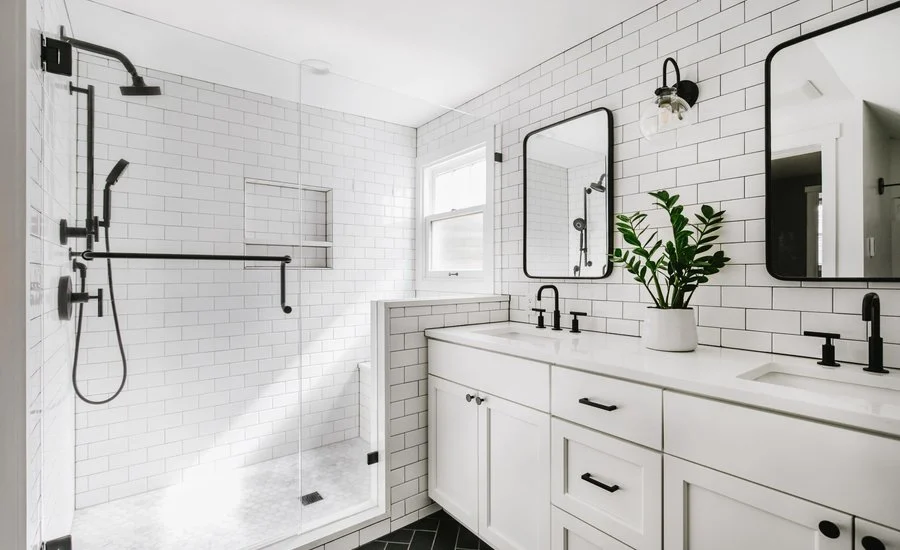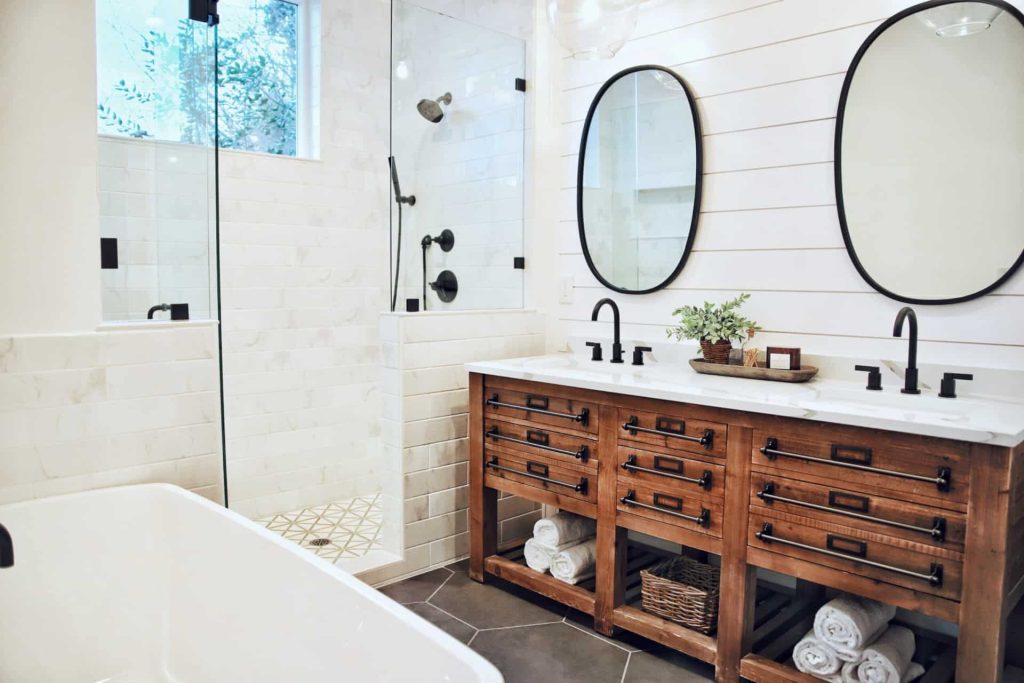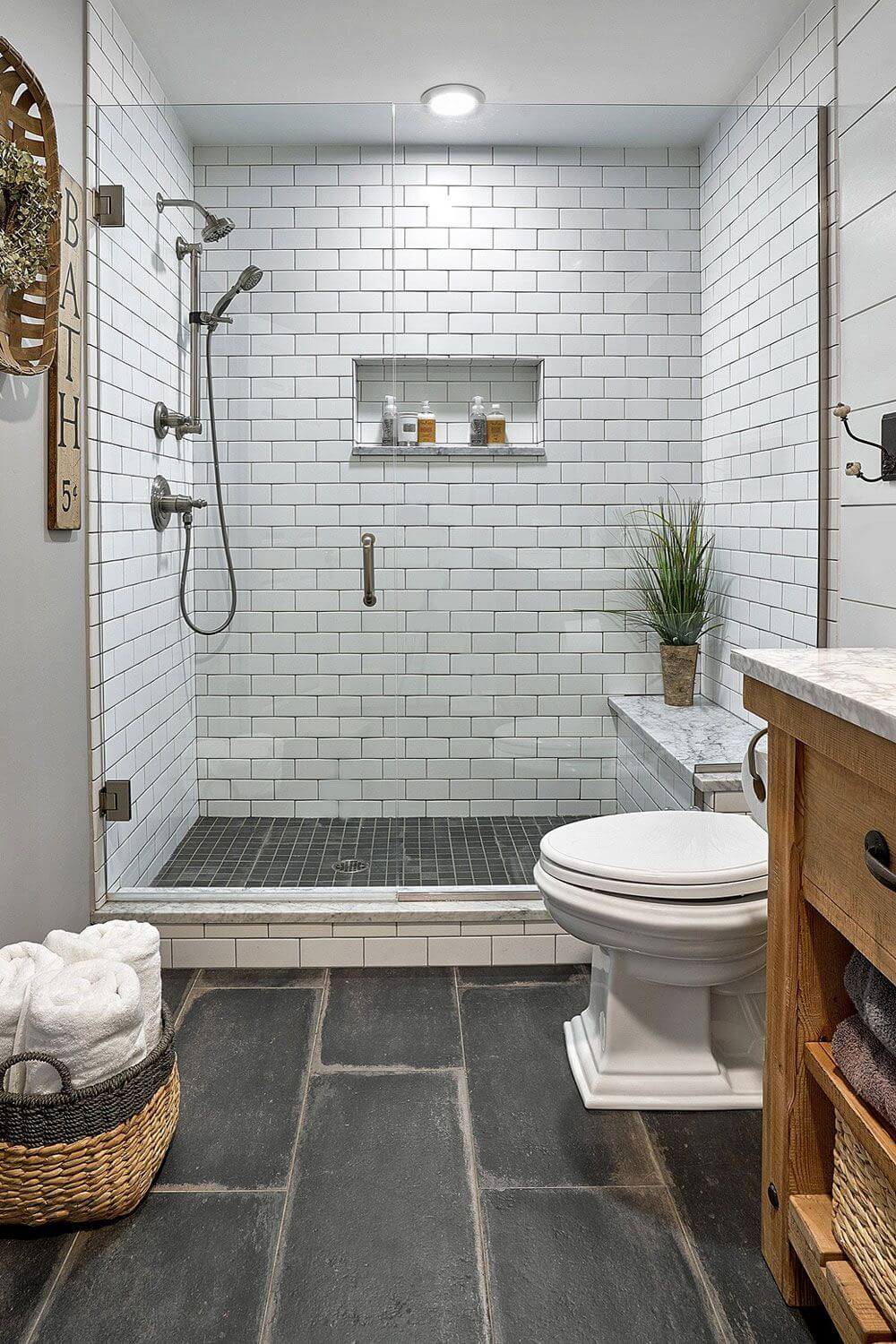How to Tell if Your Shower is Leaking: A Comprehensive Guide
A leaking shower can be a major nuisance, causing water damage, increased utility bills, and potential health hazards due to mold and mildew. Identifying a shower leak early can save you from costly repairs and extensive damage. In this comprehensive guide, we’ll explore how to detect if your shower is leaking, the potential causes of leaks, and steps you can take to address the issue effectively.
1. Signs of a Leaking Shower
Detecting a leak early can prevent more severe damage and reduce repair costs. Here are common signs that your shower might be leaking:
A. Water Stains
- Ceiling Stains: Water stains or discoloration on the ceiling below the bathroom can indicate that your shower is leaking. These stains may appear as brownish spots or rings and often indicate water seepage from the shower area.
- Wall Stains: Similarly, water stains on walls around the shower or in adjacent rooms can be a sign of a leak.
B. Mold and Mildew
- Visible Mold: Mold and mildew thrive in damp environments. If you notice mold growth on bathroom walls, ceilings, or around the shower area, it may be due to a persistent leak.
- Musty Odors: A musty smell in your bathroom, especially if it persists even after cleaning, can be a sign of hidden moisture and potential mold growth.
C. Increased Water Bills
- Unexplained Spikes: A significant increase in your water bill without a corresponding change in usage could indicate a leak. Monitor your water usage over time to identify any sudden spikes.
D. Loose or Damaged Tiles
- Tile Issues: Loose or cracked tiles around the shower area can be a sign of water damage behind the tiles. If tiles are coming off or showing signs of damage, there might be a leak affecting the underlying surface. Also, look for grout cracking and silicone caulk peeling on the inside corners and bottom of the shower.
E. Pooling Water
- Standing Water: If you notice standing water around the base of the shower or in other areas of the bathroom, it could be a sign of a leak. Ensure that water is draining properly and not accumulating due to a leak.

2. How to Identify the Source of the Leak
Once you suspect a leak, identifying its source is crucial for effective repair. Here’s how you can pinpoint where the leak might be coming from:
A. Check the Showerhead and Faucet
- Tighten Connections: Ensure that the showerhead and faucet connections are secure. Loose connections can lead to leaks.
- Inspect for Drips: Check the showerhead and faucet for any signs of dripping or water leakage. If you see water dripping from the fixture, it may need repair or replacement.
B. Examine the Grout and Caulk
- Check Grout Lines: Inspect the grout lines between tiles for any cracks or damage. Cracked grout can allow water to seep through and cause leaks behind the tiles.
- Inspect Caulk: Examine the caulk around the edges of the shower, including where the shower meets the wall and floor. Damaged or missing caulk can lead to leaks.
C. Look for Plumbing Issues
- Inspect Pipes: Check the visible pipes in and around the shower area for any signs of leaks or corrosion. If you see water pooling around the pipes or hear dripping sounds, there may be a plumbing issue.
- Test Water Flow: Run water through the shower and monitor the pipes for any signs of leakage. If you notice water escaping from the pipes, they may need to be repaired or replaced.
D. Check the Shower Pan
- Inspect the Shower Pan: The shower pan is the base of the shower that collects water and directs it to the drain. Check for any signs of damage or leaks in the shower pan.
- Test for Leaks: To test the shower pan, fill it with a small amount of water and monitor for any signs of leakage around the edges or underneath the pan.
E. Examine the Drain
- Check the Drainage: Ensure that the shower drain is functioning correctly and that water is draining properly. Slow drainage or standing water can indicate a problem with the drain or a potential leak.
- Inspect the Drain Seal: Examine the drain seal for any signs of damage or wear. A damaged seal can lead to leaks and water damage.

3. Steps to Take if You Discover a Leak
If you confirm that your shower is leaking, taking prompt action is essential to prevent further damage. Here are the steps to address a shower leak:
A. Address Minor Leaks Yourself
- Tighten Fixtures: If the leak is coming from a loose showerhead or faucet, try tightening the connections. Use a wrench or pliers to ensure that the fixtures are securely attached.
- Repair Caulk and Grout: For minor grout or caulk damage, remove the old material and apply new caulk or grout. Ensure that the area is dry before applying new material.
B. Call a Professional for Major Repairs
- Consult a Plumber: For more significant leaks or plumbing issues, contact a professional plumber. They can diagnose and repair issues with pipes, shower pans, or drainage systems.
- Hire a Remodeling Company: If the leak has caused damage to tiles, walls, or flooring, you may need to hire a contractor to repair or replace the existing shower, as the water damage will need to be addressed and the new shower properly waterproofed to prevent this from happening in the future.
C. Prevent Future Leaks
- Regular Maintenance: Perform regular maintenance on your shower to prevent future leaks. Inspect grout, caulk, and fixtures periodically for signs of wear or damage.
- Professional Bathroom Remodel + Tile Shower: A custom tile shower built with a proper waterproofing membrane such as Schluter, Wedi, or Laticrete will ensure that you can prevent any future leakage. A professional remodeling company will be able to accomplish this and will provide you with a warranty to ensure any issues that may come up are quickly resolved without any additional cost.
D. Address Water Damage
- Repair Water Damage: If your shower leak has caused water damage to walls, ceilings, or flooring, address the damage promptly. Replace damaged materials and address any mold or mildew issues.
- Dry the Area: Ensure that the affected area is thoroughly dried to prevent mold growth and further damage. Use fans or dehumidifiers to expedite the drying process.
4. How to Prevent Shower Leaks
Preventing shower leaks involves proactive measures and regular maintenance. Here’s how to keep your shower in top condition and avoid leaks:
A. Regular Inspections
- Check for Cracks: Regularly inspect grout, caulk, and tiles for any signs of cracks or damage. Address any issues promptly to prevent leaks.
- Monitor Water Flow: Keep an eye on water flow in your shower and ensure that drainage is functioning correctly.
B. Proper Maintenance
- Clean Shower Fixtures: Regularly clean shower fixtures, including the showerhead and faucet, to prevent mineral buildup and ensure proper function.
- Replace Worn Caulk: Replace worn or damaged caulk around the shower area to maintain a watertight seal.
C. Professional Inspections
- Schedule Inspections: Consider scheduling professional inspections for your plumbing and shower system. Regular inspections can help identify potential issues before they become major problems.
- Address Issues Promptly: If a professional identifies potential issues, address them promptly to prevent leaks and water damage.
D. Install High-Quality Materials
- Choose Quality Fixtures: Invest in high-quality fixtures and materials for your shower. Quality products are less likely to develop leaks or require frequent repairs. Our team sticks with Delta, Moen, or Kohler, and we make sure the fixtures in our remodels are all professional grade with all brass internals to prevent premature wearing out of the faucets, shower heads, and mixing valve.

Conclusion
Detecting and addressing a shower leak early is crucial for preventing water damage, high utility bills, and health hazards. By being vigilant for signs of leaks, identifying the source of the problem, and taking prompt action, you can effectively manage and resolve shower leaks. Regular maintenance, professional inspections, and the use of quality materials can help prevent future issues and ensure that your shower remains in top condition.
If you’re unsure about handling a shower leak yourself, don’t hesitate to call our team to see if a bathroom remodel is what you need. Call Doxa Custom Homes + Remodels to see if our team is a good fit to solve your problem.

